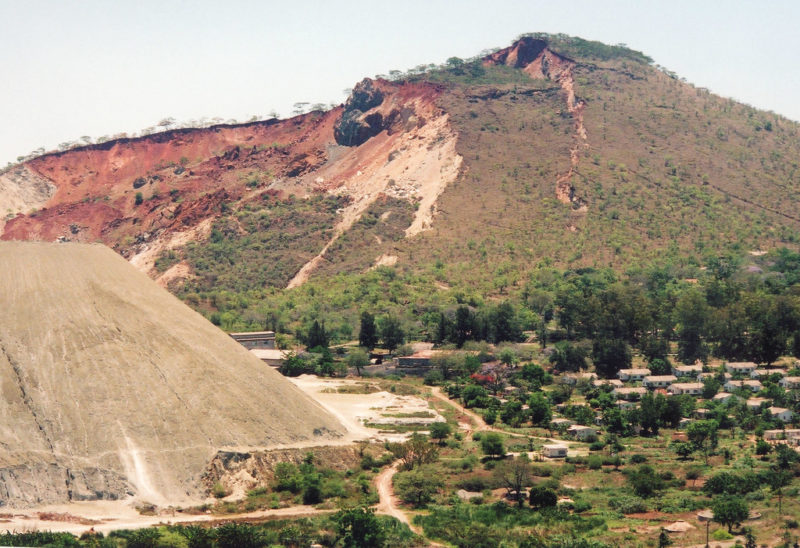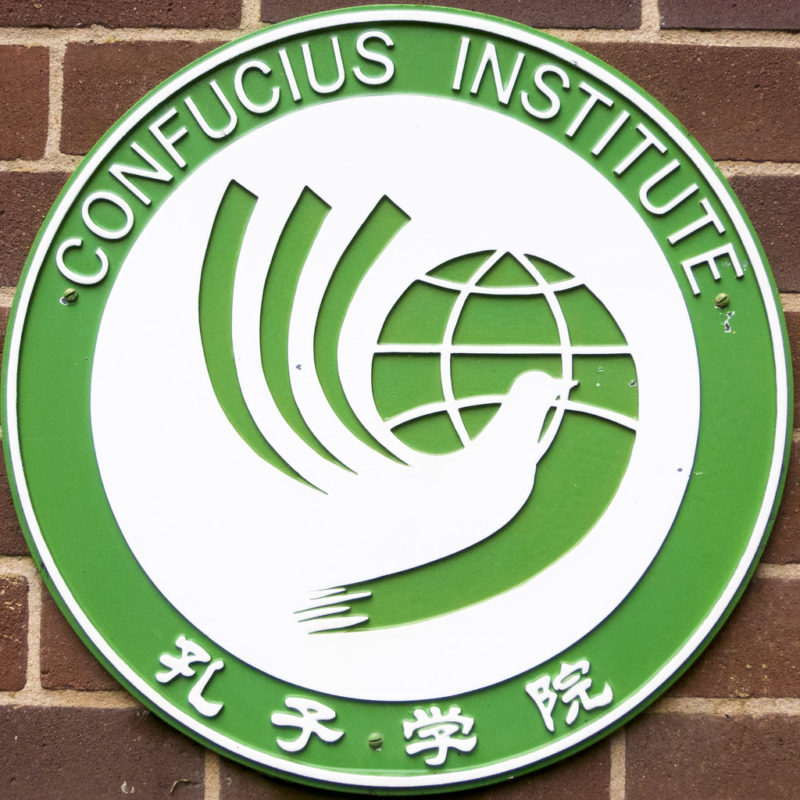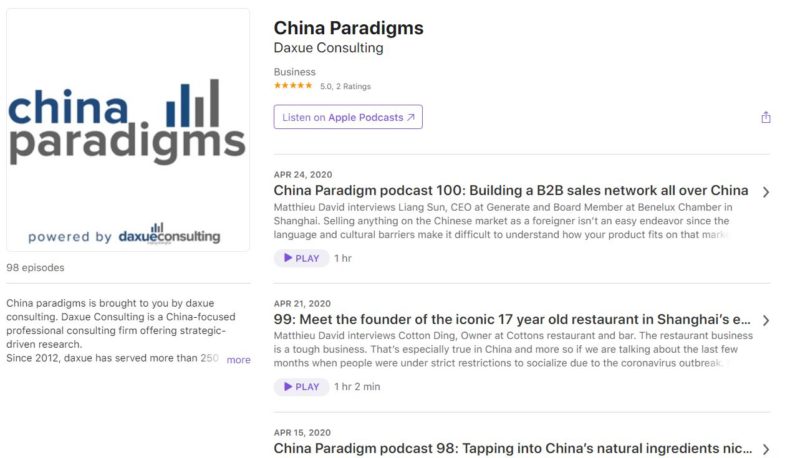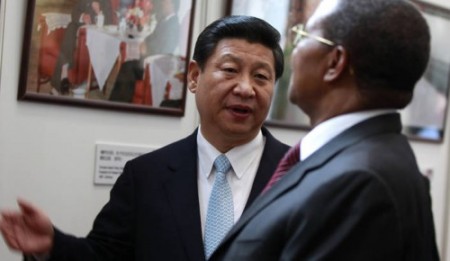Sino-African relations have made it to the spotlight in the early 21st century. According to the Chinese Ministry of Commerce, during the years 2001-2010, the average annual growth of Sino-African trade reached 28%, making China Africa’s most important trading partner.
Many African countries are Beijing’s partners in the new Silk Road initiative. Indeed, Chinese influence in Africa is organized through several economic and cultural components. However, while it benefits the development, it can also be costly for African countries.
The first contacts between China and Africa
China has a long history of contact and trade with Africa. First, the famous explorer Zheng He sailed near to the Horn of Africa in the 14th century, where he met with local leaders. However, it was only a parenthesis under dynastic China and the exchanges did not continue.
Fast forward several hundred years, the first contact with African countries under Mao took place in Bandung, Indonesia (1955), at conference uniting countries with a shared experience in struggles against colonialism and racism. In 1968, China helped African countries for the first time with the creation of a Zambia-Tanzania railway line. Sino-African relations remained limited; China was still struggling economically and therefore needed to focus on its economy before it could make itself heard as a world power.
The beginning of modern Sino-African relations
Relations between the countries began as early as 1996, under the influence of Jiang Zemin. The first reason for this rapprochement is the need for China to secure an oil supply. The Middle East was in a complicated situation because of the Gulf war and could no longer guarantee a constant supply of oil to China. Africa appears to be the most viable alternative. Nigeria and Angola become the first exporters of African oil to China. The beginning of modern Sino-African relations is therefore being organized primarily for economic reasons.
A vital need for natural resources
Today, China produces 28.4% of the world’s industrial production according to the UN. The country therefore has significant needs in many raw materials. In 2010, China consumed 25% of the world’s copper, 25% of steel and 90% of aluminum. As with oil, the country is increasing trade with producing countries: Zimbabwe for platinum, Guinea for bauxite, Zambia for copper, Mauritania for iron, South Africa and the Democratic Republic of Congo for cobalt. China has vital interests for its own economy in some African countries, which therefore impulse Sino-African relations.

Source: flickr – Zimbabwe Asbestos mine
An opportunity for the Chinese economy: Exporting in Africa
Between 1995 and 2008, the flow of Chinese manufactured goods to Africa increased 30-fold. Trades are significant for Sino-African relations. On the one hand it imports raw materials needed for its production and on the other hand it exports manufactured goods to the continent.
“Going out”: investing in Africa to accelerate its development
China is connecting with many African countries through its “going out” policy. This significantly accelerates the development of these countries. This is the situation in telecoms, where Huawei and ZTE are leaders in Nigeria, Congo, Mali, Cameroon, Ivory Coast and Tunisia. The number of projects to deploy fiber on the continent is multiplying. Development also involves the construction of road infrastructure in Africa, such as the Maputo Bridge in Mozambique, 95% of which is financed by Beijing.

Source: pikist – The Maputo Bridge
This strategy also involves the armament industry; China has sold 4 billion dollars between 2009 and 2013 in sub-Saharan Africa. Sino-African relations are not only about trading, China is also investing in African infrastructures, which benefits the entire territory and the economy in general.
Chinese soft power, a means of power in Africa
China is making progress in Africa partly thanks to its “soft power”. This term created by Joseph Nye refers to all non-belligerent strategies for a state to increase its influence in a geographical area. Chinese influence in Africa is spreading through culture. As early as 2003, China signed 65 cultural agreements and 150 educational cooperation plans involving 19 Chinese and 29 African universities. These agreements facilitate the learning of Chinese in many African countries. In addition, 46 Confucius institutes have been established in 30 African countries since 2005. An effort is being made to anchor Chinese culture in Africa and to increase foreign studies. Sino-African relations are also developing with culture exchanges to tie the countries.

Source: flickr – Confucius institutes logo
Tourism is also increasing Chinese influence in Africa is also growing. 800,000 Chinese travelers visited Africa in 2017. Wolfi Chen, Product Manager for Africa and the Middle East at Beijing Global Tour International Travel Service Co is confident about African tourism: “the numbers have been steadily increasing over the past three years.”. China is not only investing in African countries, but also spreading its culture there. Trade is evolving and is no longer just economic.
African debt, a risk maintained by China.
Chinese influence through investment on the African continent is increasing the debt of African states. Debt itself is not a problem except when a country is no longer able to reimburse its debt. According to Deborah Brautigam, 17% of Africa’s debt is held by China nothing really gigantic. This overall figure hides significant disparities, with African countries such as Angola (95%) or Mozambique (109%) being severely indebted.
Chinese investment in some African countries can put governments in unstable positions, as the debt becomes difficult to sustain. China is not afraid of defaulting on repayments because it recovers the project in progress in this case. Western countries warn a lot about this aspect of Sino-African relations.
Since the 1990’s, Sino-African relations have deepened. China has become the privileged interlocutor of African countries that benefit from these exchanges. Chinese investments have a virtuous spiral effect on the entire economy of African countries. Also, Chinese influence and culture is spreading throughout the continent. Nevertheless, the debt overhang remains a risk for the African countries hosting Chinese investments.
Author: Enzio Cacciotto
Listen to 100 China entrepreneur stories on China Paradigms, the China business podcast
Listen to China Paradigm on Apple Podcast






